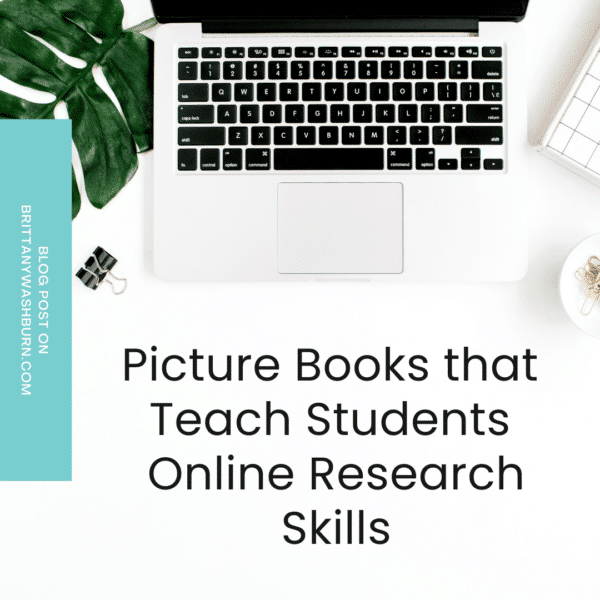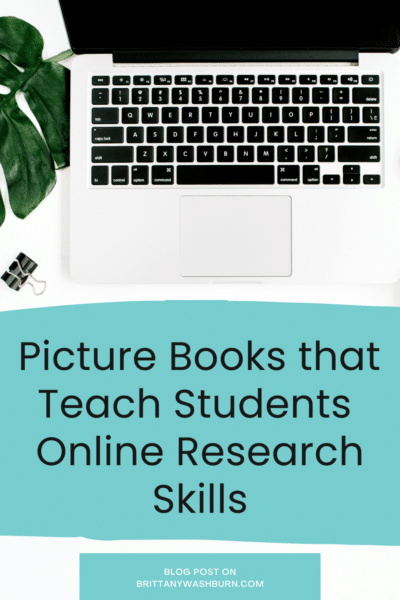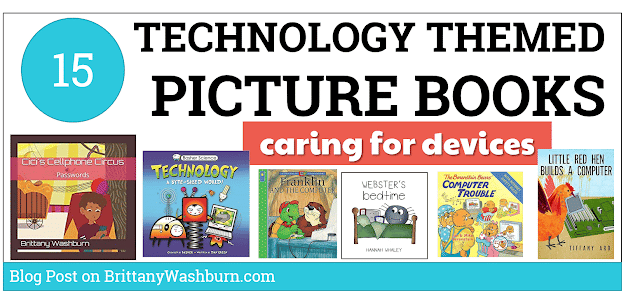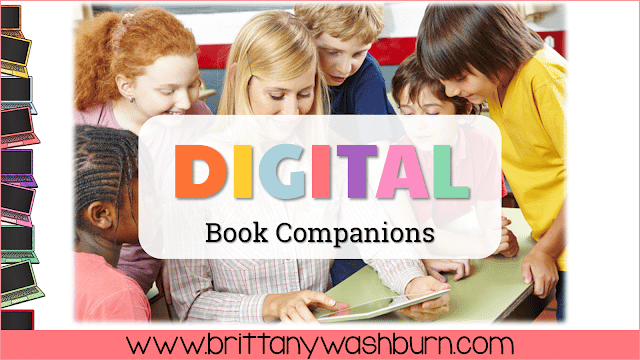Picture Books that Teach Students Online Research Skills

Whether students are researching for school projects or personal interests, having strong online research skills is crucial. However, many students struggle with locating credible and reliable sources online, as well as effectively sifting through copious amounts of information. Therefore, it is important to teach students the strategies needed to conduct effective online research.
Strategies for Effective Online Research
Before diving into picture books that can assist in teaching students about online research skills, it is important to outline some key strategies that educators can use to guide their instruction:
1. Define the parameters – Before beginning any online research project, students need to know what they are looking for and set clear parameters.
2. Find credible sources – Students need guidance on how to identify credible and reliable sources of information. This includes checking the author’s credentials and verifying cited sources.
3. Use keywords – Searching for keywords instead of full sentences or questions will lead to better results in a shorter amount of time.
4. Evaluate sources – Students should be taught how to evaluate sources based on relevancy, accuracy, currency, authority and purpose (RACAP).
5. Take notes – Encourage note-taking while researching so students can recall important details later on.
Picture Books for Online Research Skills
Picture Book #1: Library Skills and Internet Research (Hitting the Books: Skills for Reading, Writing, and Research)
“Library Skills and Internet Research” by Precious Mckenzie is an educational resource that aims to empower students and educators with the necessary skills to effectively navigate the modern world of information. The book provides a comprehensive guide to conducting research using both traditional library resources and the internet. It covers essential topics such as locating and evaluating print and digital sources, utilizing search engines, databases, and online catalogs, as well as understanding the principles of copyright and plagiarism.
By offering practical tips and strategies, “Library Skills and Internet Research” promotes the development of critical thinking and information literacy skills in readers, enabling them to make informed decisions and confidently access the wealth of knowledge available in today’s information-rich landscape. The book serves as an invaluable tool for students, teachers, and lifelong learners seeking to strengthen their research skills and navigate the vast world of information effectively and responsibly.
Picture Book #2: This is Not My Hat
“This is Not My Hat” by Jon Klassen is perfect for students who are brand new to the idea of giving credit to others’ work.
The story follows a small fish who has stolen a hat from a larger fish, and now believes he has successfully gotten away with it. The book is narrated from the perspective of the little fish, who confidently shares his plans to escape and hide from the big fish. The clever illustrations and minimal text create a sense of suspense and subtle humor as the story unfolds. With its unique visual storytelling and exploration of themes like honesty, consequences, and morality, “This is Not My Hat” entertains and engages readers of all ages while inviting discussions on important life lessons.
Picture Book #3: But I Read it on the Internet!
Written by Toni Buzzeo “But I Read it on the Internet!” provides an excellent overview on how to evaluate websites for research sources.
The story follows a young girl named Alice as she navigates the vast and often unreliable world of the internet while working on a school project. Through her journey, Alice learns valuable lessons about fact-checking, evaluating sources, and discerning between credible information and misleading content online. The book serves as a fun and engaging educational tool for both children and adults, emphasizing the significance of being responsible and informed users of the internet.

Online research skills are essential in today’s digital era where vast oceans of information exist at our fingertips! By utilizing these picture books we’ve highlighted here educators can effectively teach these valuable lessons early on so their pupils grow up equipped with confidence & knowledge necessary when faced with future challenges related discovering reliable resources within limitless virtual landscapes!.







